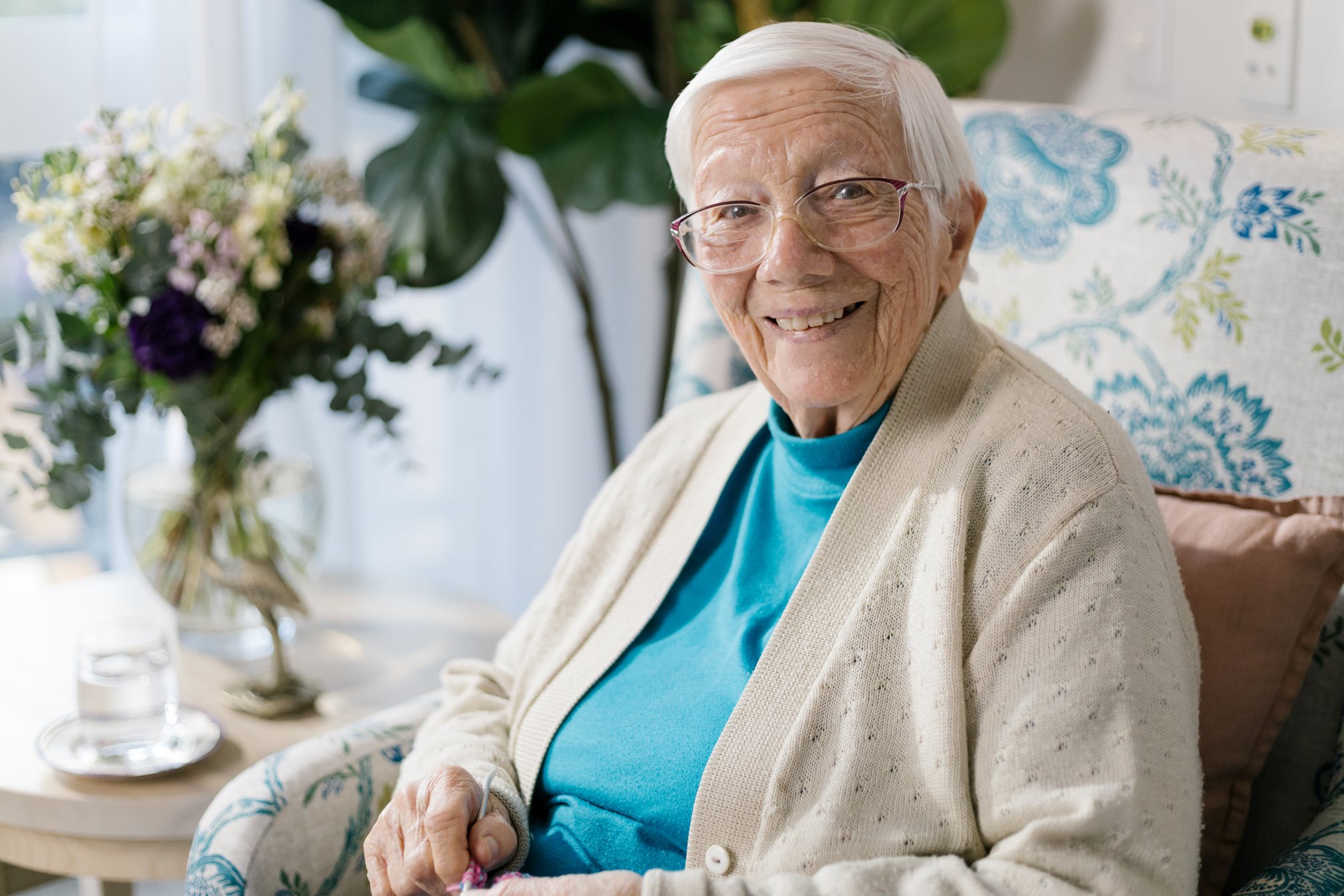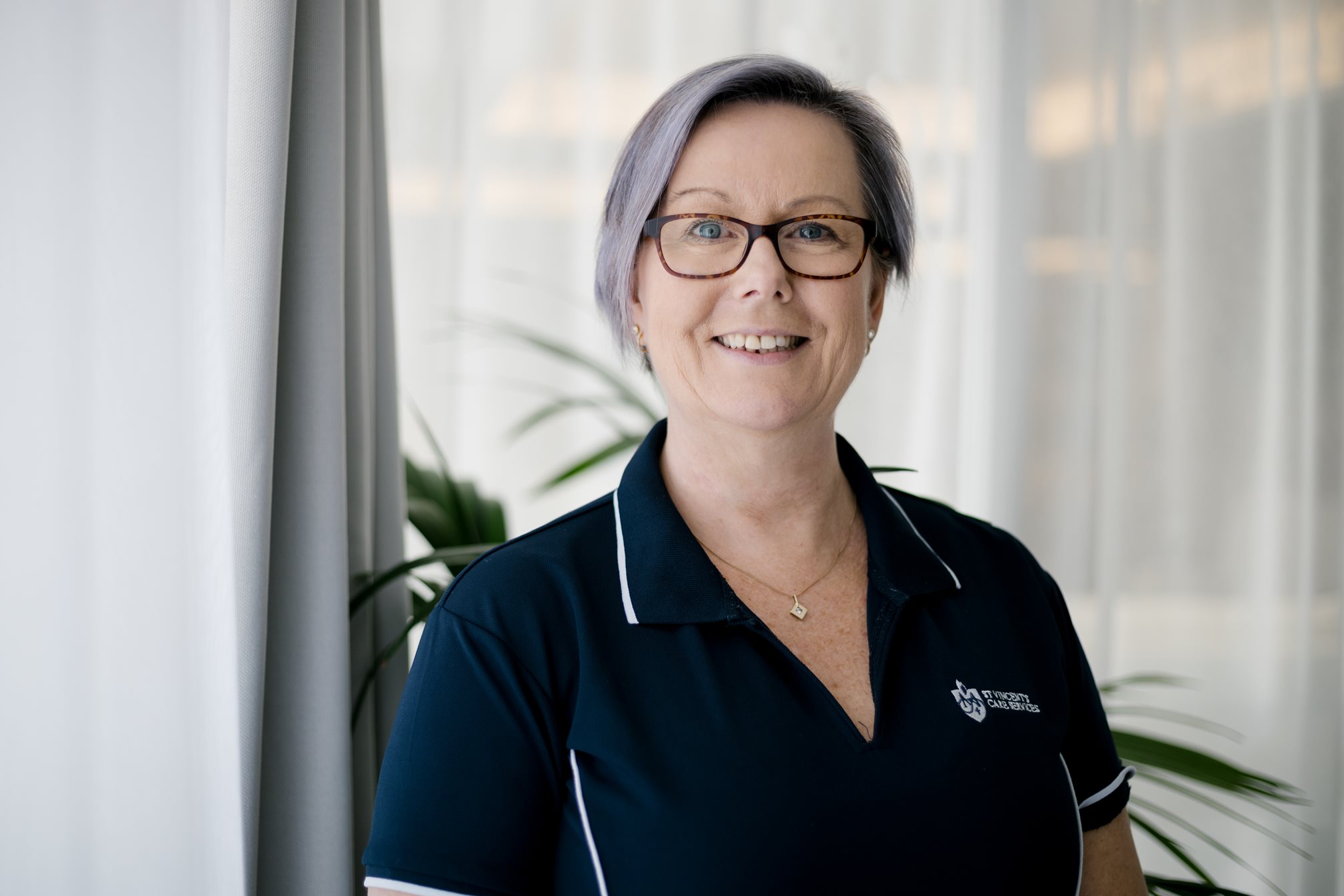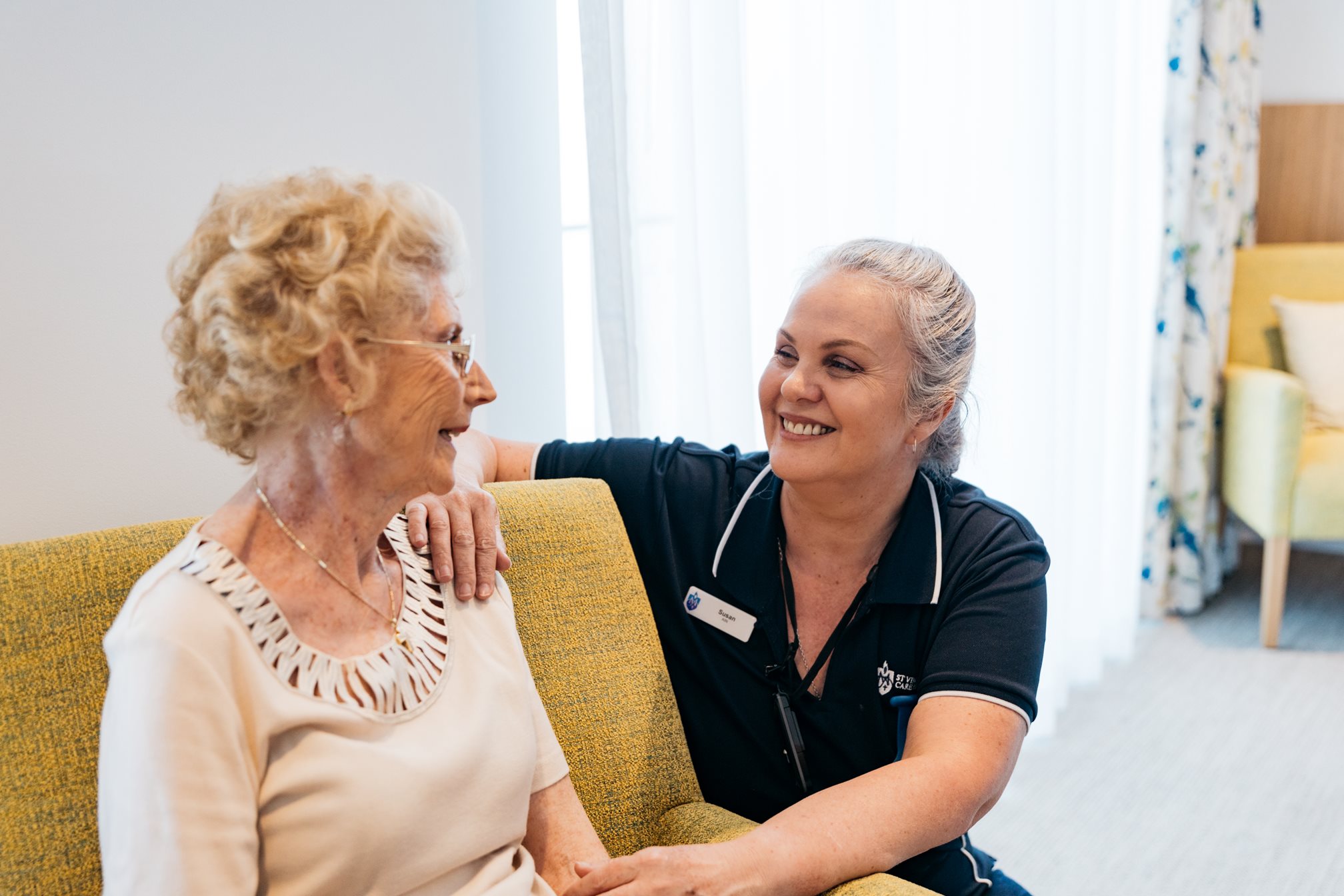As the aged care division of St Vincent’s Health Australia, St Vincent’s Care Services shares a history of compassionate care and support which stretches in excess of 175 years.
St Vincent’s Health Australia is a ministry of Mary Aikenhead Ministries. Mary Aikenhead Ministries was established by the Congregation of Religious Sisters of Charity of Australia to continue to build on the charism and traditions of the Sisters of Charity through aged care, health, research, education and social services ministries.
The Sisters of Charity relied on the generosity of the community to build and expand hospitals, education and age care services across the country. Today, that legacy of giving is still honoured and supported by donations through the St Vincent’s Foundation Queensland, St Vincent’s Curran Foundation and the St Vincent’s Foundation Victoria.




